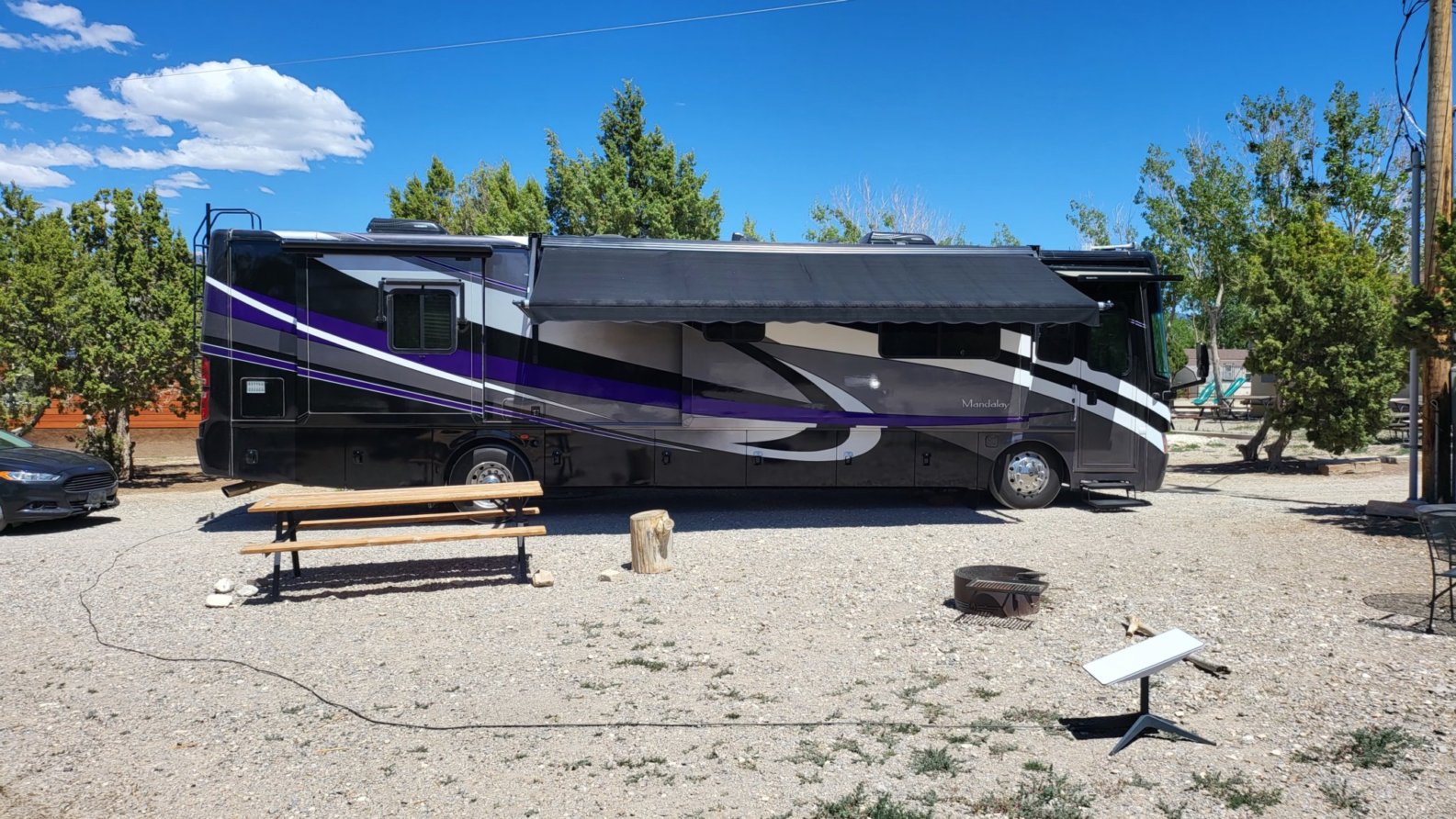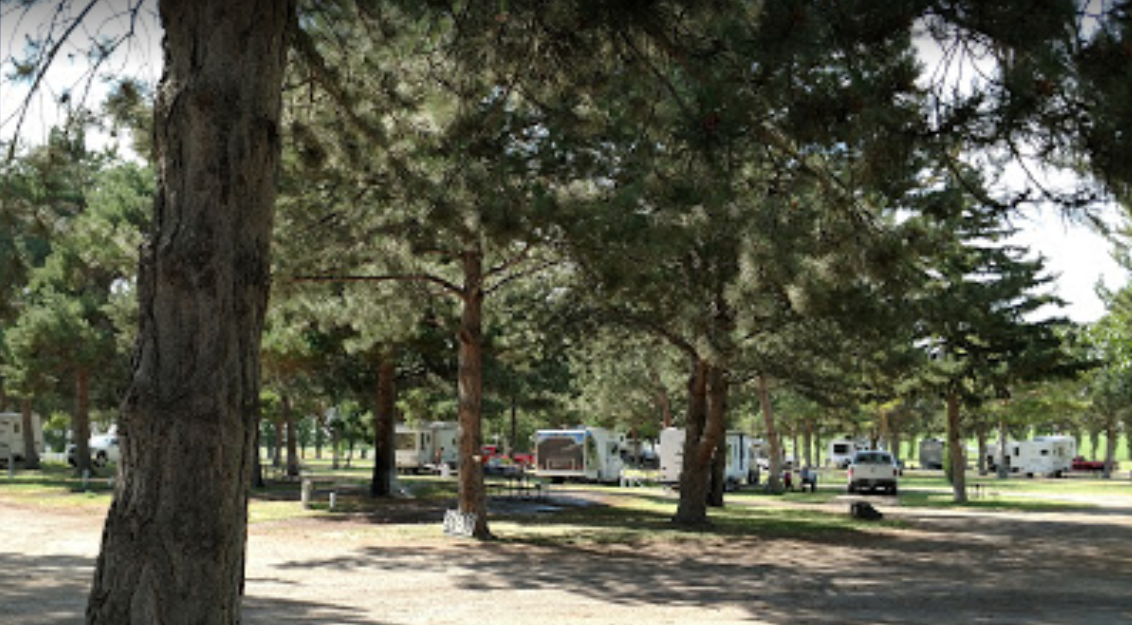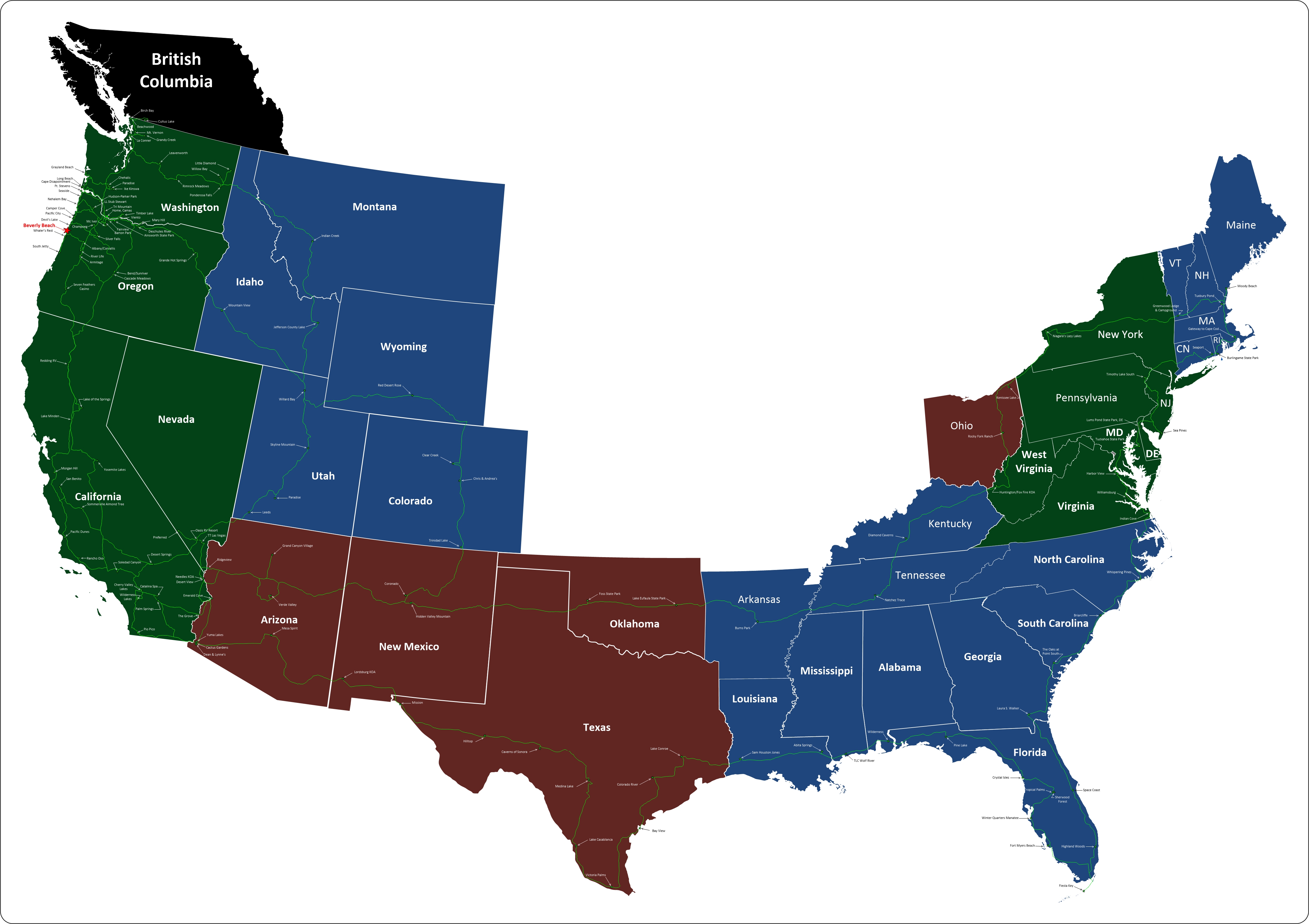Arkansas is the 29th largest by area and the 33rd most populous of the 50 United States. The capital and most populous city is Little Rock, located in the central portion of the state, a hub for transportation, business, culture, and government. The northwestern corner of the state, such as the Fayetteville–Springdale–Rogers Metropolitan Area and Fort Smith metropolitan area, is a population, education, and economic center. The largest city in the state's eastern part is Jonesboro. The largest city in the state's southeastern part is Pine Bluff.
The Territory of Arkansas was admitted to the Union as the 25th state on June 15, 1836. In 1861, Arkansas withdrew from the United States and joined the Confederate States of America during the Civil War. On returning to the Union in 1868, the state continued to suffer due to its earlier reliance on slavery and the plantation economy, causing the state to fall behind economically and socially. White rural interests continued to dominate the state's politics until the civil rights movement. Arkansas began to diversify its economy following World War II and relies on its service industry, aircraft, poultry, steel, and tourism, along with cash crops of cotton, soybeans and rice.
The culture of Arkansas is observable in museums, theaters, novels, television shows, restaurants, and athletic venues across the state. People such as politician and educational advocate William Fulbright; former President Bill Clinton who served as the 40th and 42nd Governor of Arkansas; his wife, former Secretary of State Hillary Clinton; former NATO Supreme Allied Commander General Wesley Clark, Walmart magnate Sam Walton; singer-songwriters Johnny Cash, Charlie Rich, and Glen Campbell; actor-filmmaker, Billy Bob Thornton; the poet C. D. Wright; and physicist William L. McMillan, who was a pioneer in superconductor research; have all lived in Arkansas.




